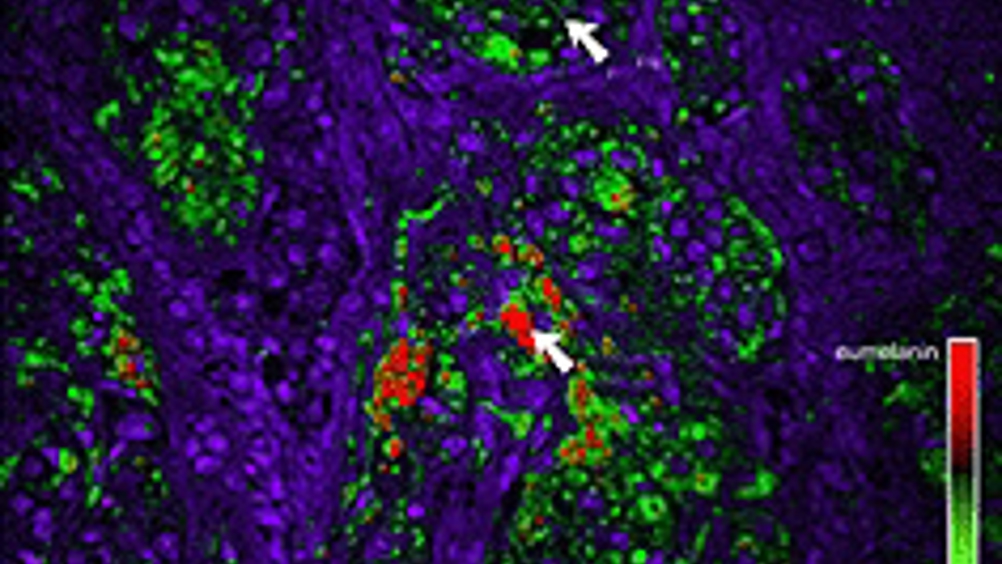Photoacoustic device could give early warning of skin cancer
A photoacoustic device is being developed to detect melanoma cells before tumours have had chance to form.

The technology, devised by researchers at the University of Missouri, is based on laser-induced ultrasound and promises a faster and cheaper screening method.
Melanoma is the most aggressive form of skin cancer and spreads rapidly throughout the body, making early detection critical.
Currently, physicians use computed tomography (CT) or magnetic resonance imaging (MRI) scans for melanoma cancer detection. The photoacoustic device emits laser light into a blood sample and melanin within the cancer cells absorbs the light.
Those cancer cells expand as the lasers rapidly heat and then cool the cancer cells, making them prominent to researchers. The device would also capture the expanded cells, identifying the form of cancer the physicians are fighting and the best treatment method.
‘There are several melanoma drugs on the horizon,’ said project lead Prof John Viator of Missouri. ‘Combined with the new photoacoustic detection method, physicians will be able to use targeted therapies and personalised treatments, changing the medical management of this aggressive cancer. Plus, if the test is as accurate as we believe it will be, our device could be used as a standard screening in targeted populations.’
Register now to continue reading
Thanks for visiting The Engineer. You’ve now reached your monthly limit of news stories. Register for free to unlock unlimited access to all of our news coverage, as well as premium content including opinion, in-depth features and special reports.
Benefits of registering
-
In-depth insights and coverage of key emerging trends
-
Unrestricted access to special reports throughout the year
-
Daily technology news delivered straight to your inbox










Comment: Engineers must adapt to AI or fall behind
AI is a tool, and any tool has to be used and understood properly. It is not a panacea for everything and is only as good as the way it has been...